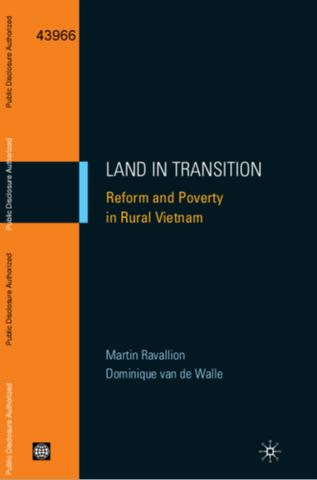Gender and Land Administration : Issues and Responses
Land rights for women are important to
women's overall role in the household economy. In most
Europe and Central Asia (ECA) countries, women have equal
rights to land by law, but practice varies widely across the
region. Improving gender outcomes in land administration is
therefore related more to education and the need to change
norms and habits than it is to a specific legislative
problem. Access to gender-disaggregated data and the


